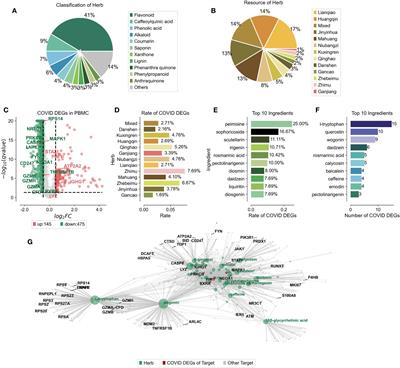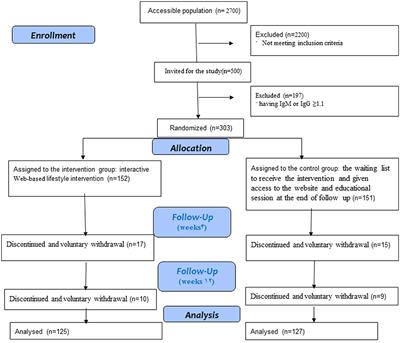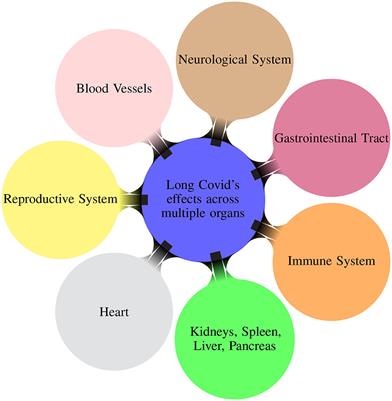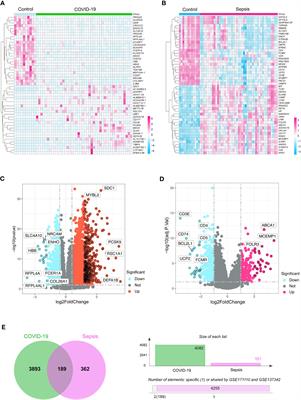EDITORIAL
Accepted on 08 Jan 2025
Editorial: Multisystem Inflammatory Syndrome observed Post-COVID-19: The Role of Natural Products, Medicinal Plants and Nutrients and the use of Prediction Tools Supporting Traditional Forms of Diagnosis
doi 10.3389/fphar.2025.1539793
- 129 views







